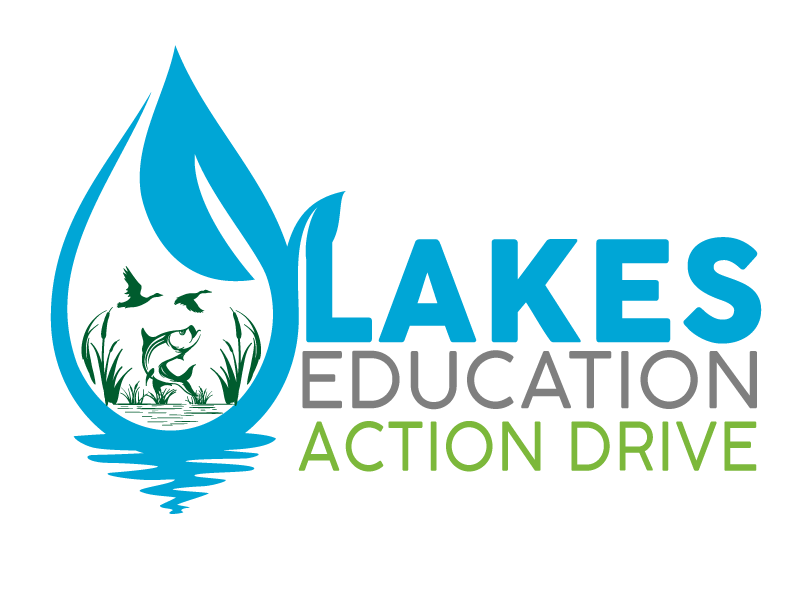Consume Safe Drinking Water During an Emergency
Re-Blogged from the University of Florida UF/IFAS Blogs
Water directly out of your tap may not be safe to drink during an emergency. Boil water orders (also called advisories) are common during hurricane season, but can also occur during lightning strikes and other incidents.

Boil water orders, when issued, are a precaution we must take seriously. Bacteria, viruses, and protozoans can enter the drinking water supply and can make you sick. This can be a serious health hazard, and we must be alert to warnings issued by local authorities.
When a boil water order, is issued for your area, you need to limit exposure to contaminated water. Microbiological contaminants (bacteria) can be waterborne and can make you sick.
Contaminated water is a threat
to public health.
There are recommendations for boiling, disinfecting and/or filtering water, when one of these boil water incidents occur. Read and study the links provided below.
- Making water safe during an emergency (English)-Make Water Safe During an Emergency (Print-only) (cdc.gov)
- Making water safe during an emergency (Spanish)- Haga que el agua sea segura durante una emergencia (Print-only) (cdc.gov)
- Water, sanitation and hygiene-related emergencies & outbreaks-Boil Water Advisory | Water, Sanitation, & Hygiene-related Emergencies & and Outbreaks | Healthy Water | CDC
Boiling water
If you do not have a supply of safe bottled water, you should boil your water to make it safe to drink. Boiling is the surest method to kill disease-causing organisms, including viruses, bacteria, and parasites.
Healthy water and making water safe- https://www.cdc.gov/healthywater/emergency/making-water-safe.html
Disinfecting water
If you do not have bottled water available and if boiling is not possible, you can disinfect small quantities of water, to drink, by using a chemical disinfectant such as unscented household chlorine bleach. Disinfectants can kill most harmful or disease-causing viruses and bacteria, but not all of them. There are specific details on how to disinfect water and the manufacturer’s instructions must be followed carefully and exactly! See the CDC link below on making water safe to drink.
Making water safe- 09_202278-B_Make_Water_Safe_Flyer_508.pdf (cdc.gov)
Filtering water
Many portable water filters can remove some disease-causing parasites from drinking water. Just like with disinfecting water, you must carefully read and follow the manufacturer’s instructions for the water filter you choose to use.
A guide to water filters- A Guide to Water Filters | Cryptosporidium | Parasites | CDC
What about laundry, handwashing, bathing, dish washing, brushing teeth, cleaning, and caring for pets, the garden and house plants when a boil water order is in effect?
See the boil water advisory link below for recommendations, information, and answers to this rather long question.
Boil water advisory-Boil Water Advisory | Water, Sanitation, & Hygiene-related Emergencies & and Outbreaks | Healthy Water | CDC
When a boil water advisory is issued, here are ten considerations to help you stay safe.
- Water may not be safe to drink during an emergency; listen to your local authorities and follow all recommendations and boil water advisories.
- Stay tuned to the local news for advisory updates in your area. Follow these recommendations closely.
- Use bottled water if possible. If not, use one of the methods described to make water safe to drink. Always follow the manufacturer’s directions when disinfecting or filtering water.
- Consider using disposable plates, cups, and utensils during a boil water advisory.
- You may need to brush your teeth with bottled water.
- Be careful not to swallow water when showering.
- Pets can also get sick by some of the same germs as people and/or spread germs to people. Provide pets with bottled drinking water or cooled boiled water.
- Food and water safety matter. Remember the basic food safety principles of clean, separate, cook and chill.
- Prevent illness in your community by following local advisories and by being knowledgeable about safe drinking water.
- Know how to protect you and your family when a boil water advisory is issued. Always drink safe water.
